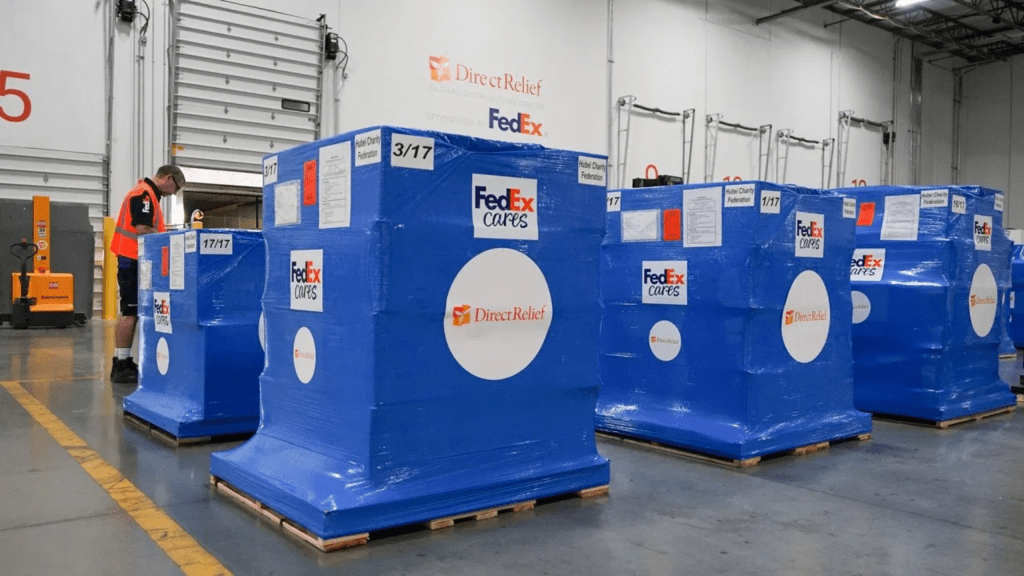More than 200,000 surgical masks were shipped to two hospitals in Hubei Province, the epicenter of a widening viral infection, by Santa Barbara nonprofit Direct Relief on Monday. FedEx aircraft took an emergency shipment of the masks to the Chinese state, as well as isolation gowns, fluid-resistant coveralls, and exam gloves that were requested by Wuhan Union Hospital and Xiaogan Central Hospital in the city of Xiaogan, which is about 30 miles to the northwest of Wuhan, where the novel coronavirus broke out at the end of December.
Since 2019-nCoV was recognized as a new virus, five cases were confirmed in the U.S., including two in California. On Wednesday, the Centers for Disease Control reported 165 reported cases in 36 U.S. states, but no confirmed cases beyond the five. The global cases have risen to 6,065 confirmed in 15 countries, the World Health Organization stated, and in China, 132 people have died. (Fatalities have not occurred outside China.)
A shortage of face masks was reported across Asia, with some countries banning export and limiting purchases. Even in Santa Barbara, some residents say friends in Canada have requested boxes of masks that they can forward to China in turn. On Sunday, a Chinese official stated that 100,000 protective suits were needed in Hubei Province alone, Direct Relief reported, while the country’s manufacturers could only turn out 30,000 a day.
Direct Relief last provided aid to China in 2008 after the devastating Sichuan earthquake that killed more than 87,000 people. A long-established agency to provide emergency medical supplies and medications to locations worldwide, Direct Relief is working through the Hubei Charity Federation, a government-recognized donation recipient, to send the two hospitals supplies which will arrive on Thursday.
“We’re deeply thankful for FedEx enabling such a quick response to very specific requests from Chinese health officials who are managing a very large, complex situation,” said Direct Relief CEO Thomas Tighe. The country had imposed new protocols to ensure coordinated and appropriate imports to address the public health emergency.

